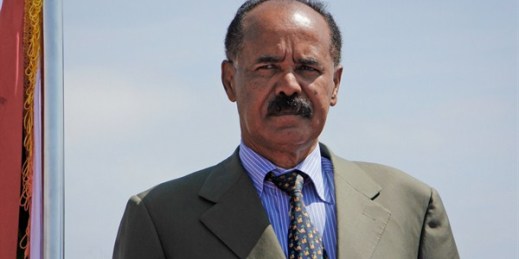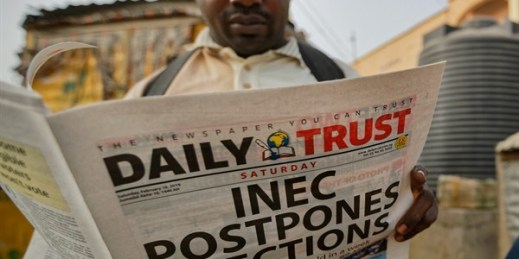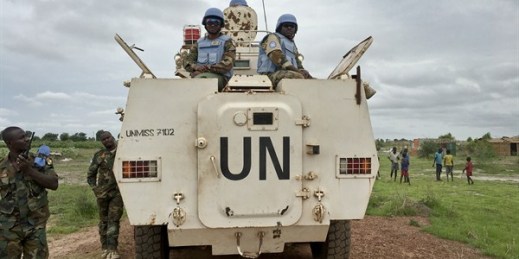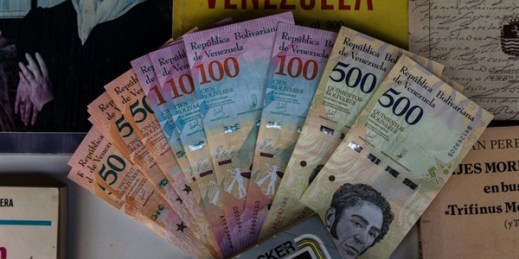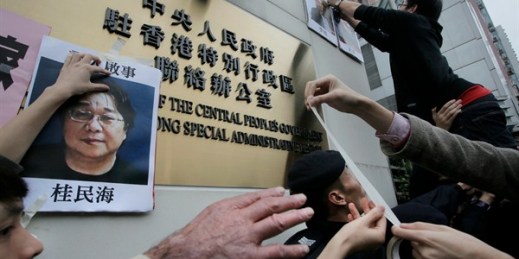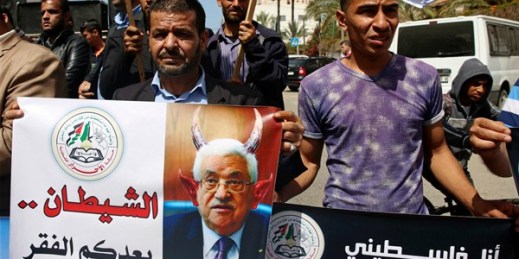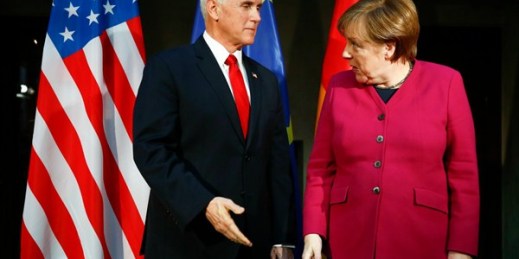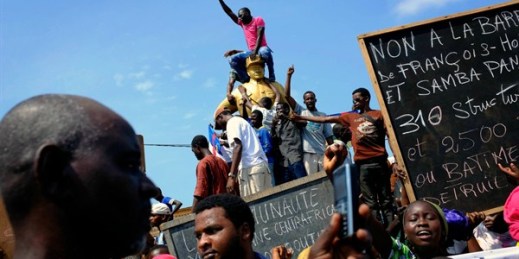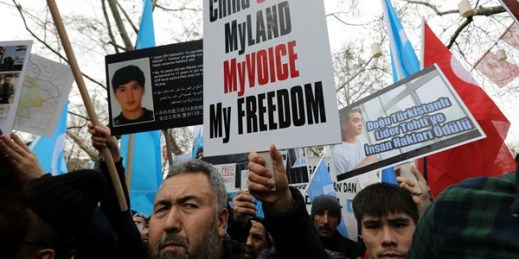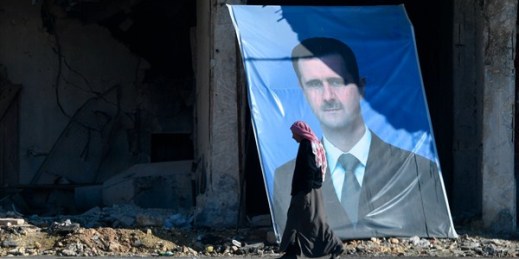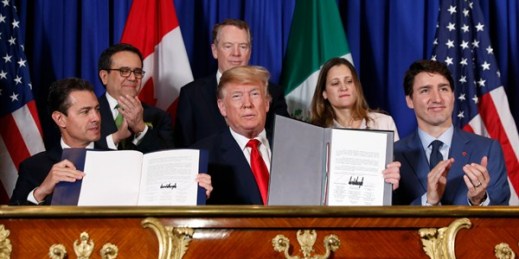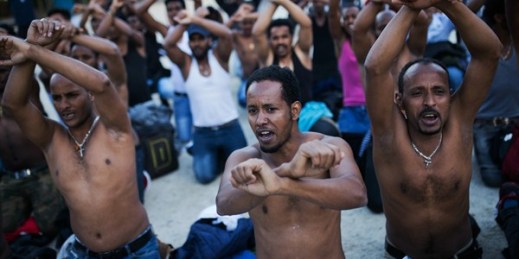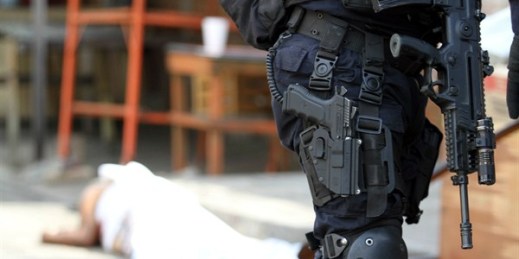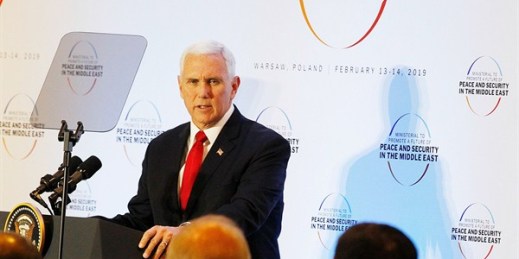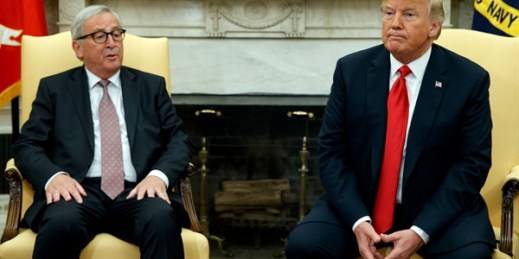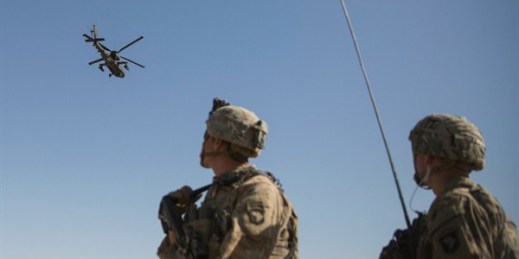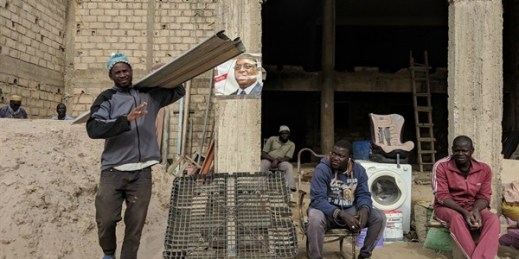
DAKAR, Senegal—President Macky Sall’s face is ubiquitous along the Corniche, Dakar’s main seaside road. “Votez Macky,” billboards declare in capital letters between ads for Chinese-manufactured tea and energy drinks. With each poster comes a different reason to give the incumbent a second term in Sunday’s election: Because he started building a $1 billion high-speed train project from the capital to the newly built city of Diamniadio; because he is responsible for “rice self-sufficiency,” after Senegal’s rice production more than doubled to reach some 1.1 million tons during his presidency; because he built a modern Senegal. Further along the Corniche, one […]

